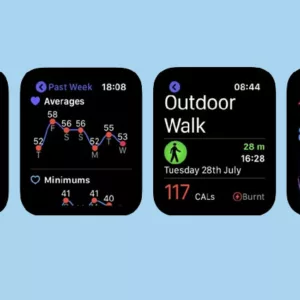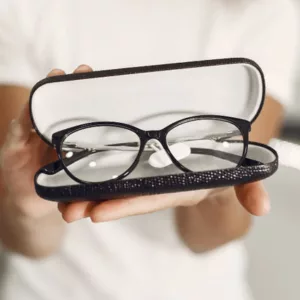Today’s dental braces are smaller, more streamlined, faster, and more comfortable than they used to be. Many of the concerns about braces that were there in the past aren’t a problem anymore.
Therefore, do not let people scare you by telling you horror stories about getting braces. Don’t be afraid because this article will focus on what to expect after getting your dental braces. After your procedure, you may feel a little discomfort, and you will have to change a thing or two but nothing daunting.
Keep reading to find out!
1. Change in Your Dental Hygiene Habits
After getting braces to discuss with your orthodontics professional your dental hygiene routine, your hygiene in the first days should be a priority for easier recovery and promotion of long-term oral health.
It would be best to brush using fluoride toothpaste and a soft-bristled toothbrush because stiff bristles can be rough on tender gums and teeth. Food caught in the wires and brackets can increase the risks of gum diseases and cavities. Having dental problems will complicate your recovery and make the process more uncomfortable.
2. Mild Soreness in the Jaws and Mouth
Right after getting dental braces, you may feel soreness around your mouth and jaws. It’s normal to feel a little discomfort because it shows your mouth is adjusting to the tightness of the wire brackets. After a week, your teeth and jaws will adapt, and the soreness will diminish.
Your orthodontist can prescribe treatments to reduce the soreness after getting dental braces. If the discomfort around your mouth lasts, you can search online for an Invisalign dentist near me.
3. Change of Diet
Orthodontists use unique adhesives to bond the brackets to your teeth set. So you need to eat soft foods and drinks after your procedure. Eating soft foods helps to manage sensitivity. Also, take cold drinks to help numb any soreness.
Avoid eating chewy and sticky foods like nuts, carrots, and apples because they will stick to your braces and cause inflammation. Make your foods easy to eat by breaking everything into small pieces, and don’t bite with your front teeth.
4. Orthodontic Appointments
After your procedure, visiting your orthodontist is vital to monitor the progress of your braces. Dental braces treatment work gradually. Your orthodontist needs to check the metal ties around the braces and your teeth’ alignment. The first few visits may cause some discomfort, but they will fade quickly.
5. You May Feel Your Face and Mouth Look Different
Having brackets and wires in your mouth will take some to adjust. You will feel like your lips are sticking out more, but that will be from the unique sensation. After the procedure, your mouth and face will still look the same.
6. It’s Normal to Talk Funny
After getting braces, you may feel like you’re getting a bit of a lisp or talking funny because you’re not used to having braces. Your speech should return to normal for a few days. Try to talk or sing as much as possible after your procedure. The more you talk with your braces, the faster you will adjust.
7. Your Cheeks and Lips Will Need Time to Toughen Up
It’s normal to feel irritated on the inside of your cheeks and lips from your wires and brackets. After a few weeks, the tissues in your mouth will toughen up, and the wires and brackets won’t bother you.
You can prevent irritation, warm a piece of orthodontic wax between your fingers and cover the bothersome parts of the braces. You can also use warm salt water to rinse your mouth or apply any topical anesthetics.
8. You Might Have to Relearn Things
Having braces means that your mouth will feel weird for a few weeks. So, you will have to learn new techniques of chewing, flossing, and brushing. After a few weeks, you will have adjusted and feel everything is normal.
As discussed above, it’s normal to feel mild discomfort after your procedure. It should be an exciting time for you because you have got a brand-new smile! Don’t let your friends mislead you into anything else if you’re thinking of getting braces. Remember to schedule follow-up sessions with your orthodontist and follow his instructions later for a smooth recovery.





